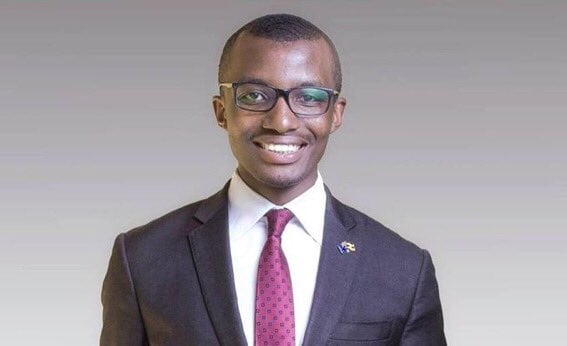Prime
It’s a government of fishermen, but please find us better ones

Raymond Mujuni
What you need to know:
- Nothing unique, under Nabbanja’s reign has happened. The same government scandals continue to make press headlines
Fishermen, for all their flaws are very methodical individuals. They know their seasons off-head, they can predict weather and its changing patterns, they are also able to live for long days away from any land and attempt sleep in the dark of the night on moving surfaces like running water.
On land, fishermen are also smart businessmen. They supply a rare quantity and can be cunning when they get a good catch. They also have good knowledge of preparation for a bad day; you’ll find, when they smoke the fish, its shelf life grows exponentially.
They also know full-well how to handle emergencies – in fact most of their life, is emergencies; of sinking vessels, drowning people, running out of fuel whilst far away from land and more recently tougher sanctions on their trade from authorities.
I also appreciate most fishermen for their ability to eat the fish whole, discerning with authority and clarity what’s meat and what is bone, and spitting the bones out.
I can’t therefore, understand how, of all these qualities of fishermen, we got handed the worst of their quotient to lead us.
The government of fishermen, as the president loves to call them, have been in effectual power for close to half a year now. They’ve been led, in their endeavour to create a middle income country, by Robinah Nabbanja.
Nothing unique, under her reign has happened. The same government scandals continue to make press headlines, her flagship project to send money to citizens was riddled with messiness – far deep as sending the first money to a wrong number and thereafter sending money meant for vulnerable groups to clerks, district officials, their wives, in-laws and relatives. In her own ministry, junior ministers have accused her of diversion of critical funds for disaster preparedness and they haven’t done so quietly; letters from ministers have been authored and sent to the press to indicate the trouble at the heart of her administration.
Faced with her first real test; a doctors’ nationwide strike, the Prime Minister both floundered and fled to a small local council election to mobilise voters, an election that required the cover of night and number fidgeting to sway into her party’s favour.
Ugandans, however, offer unending grace in the prosecution of their public affairs, so no real and actual pressure has been exerted onto her.
There are front bench complaints in parliament, for example, of the absence of the leader of government business to defend and explain government positions, there are also varied complaints of missed sessions of questions to the Prime Minister which often have to be deferred to her juniors.
The Prime minister runs an ambulance chasing service for her job where she appears to cut ribbons for project launches and thereafter delve into a raft of rabble-rousing. She scorns junior government staff for mundane things that should be the preserve of their local administration – it would make sense if that scorn yielded better overall government performance but you could place your bets heavier onto the fact that it is designed to capture the attention of sensationalist press.
The latest, in a long line of disappointments, is the commercial skulduggery of fuel; a litre shooting to almost three times it’s equivalent in some areas.
The crisis was started off with a sit-down strike of truck drivers protesting the charging of $30 for COVID19 tests, whose results came long after the truckers were inside the country and whose effect then became questioned.
From the time the truck drivers announced their displeasure, not one of the Robinah Nabbanja led government members met them to hear out their plight or negotiate.
None of the swanky-car driving ministers, or MP’s whom she leads on the right bench of parliament thought to themselves that, in a landlocked country where 100% of fuel consumed is brought through trucks, 90% of it through the border of Malaba, that any stop in transmission would amount to a crisis of untellable proportions. You could have excused them if it were true that they were engaged in the re-opening of government but that, as public secrets come, is a farce. It is done by one man and he wears a hat and fashions himself a guerrilla fighter, not a fisherman!
So, after a two-week strike, and empty fuel reserves, Ugandans have been handed the magic policy of government to deal with fuel, boycott the expensive stations! – Wabula Mujooga!
If there ever was a political sea or lake in which these fishermen would drown, I wouldn’t swab a finger on a rowing stick to rescue them.
What happened to planning? What happens in cabinet each Monday? Why are crises unending in the governance of public affairs recently?
For once, will the real fishermen please wade us out of this storm?




